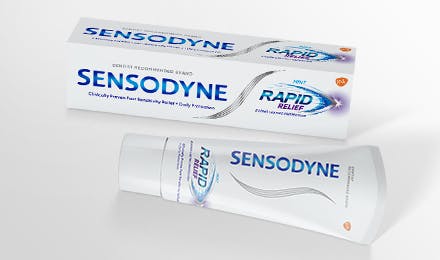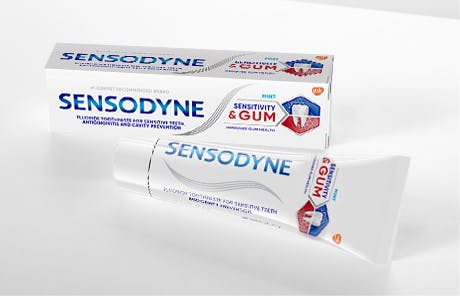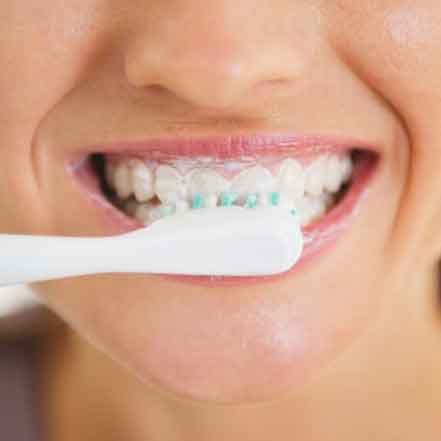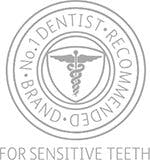What are the Symptoms of Sensitive Teeth?

That sudden, sharp jolt of pain you sometimes feel could be a sign of sensitive teeth.
Why Are My Teeth Sensitive ?
A swig of frosty beer. A spoonful of hot soup. If you have sensitive teeth, everyday foods and drinks can unexpectedly trigger a jolt of nerve pain, fast. That tooth pain you feel is typically characterized as short and sharp, and it can also range in severity.
Tooth sensitivity can occur in specific areas of your mouth, sometimes in just 1 tooth—you don’t have to feel pain in every tooth to have sensitive teeth.
Signs of Sensitive Teeth
- Sensitivity to cold
- Sensitivity to hot
- Sensitivity to sweets
- Sensitivity to sour
What Causes Sensitive Teeth?
Teeth Whitening
Professional bleaching treatments may cause you to experience sensitive teeth after whitening, but this is only temporary. Some at-home whitening remedies can make tooth sensitivity worse.
Brushing & Flossing
If your teeth are sensitive after brushing or flossing, it may be because you are applying too much pressure or doing it too often. Learning the right techniques—along with brushing twice a day, every day, with Sensodyne—can help.
Dental Procedures
Experiencing tooth sensitivity after a filling is common and usually resolves on its own within a few weeks.
Cavities & Tooth Decay
Unlike tooth sensitivity, tooth pain caused by a cavity produces a dull ache. Speak with a dentist to help confirm a diagnosis.
Teeth Grinding
If you grind or clench your teeth at night, it can wear down your enamel. This can increase your tooth sensitivity. Your dentist may recommend wearing a night guard to prevent you from grinding your teeth.














